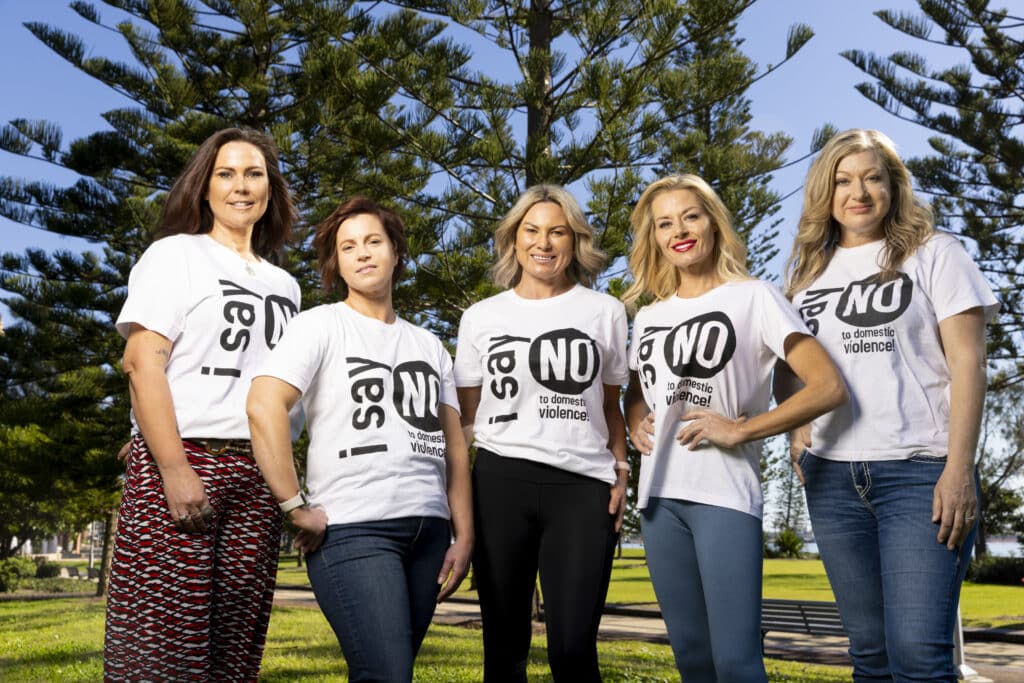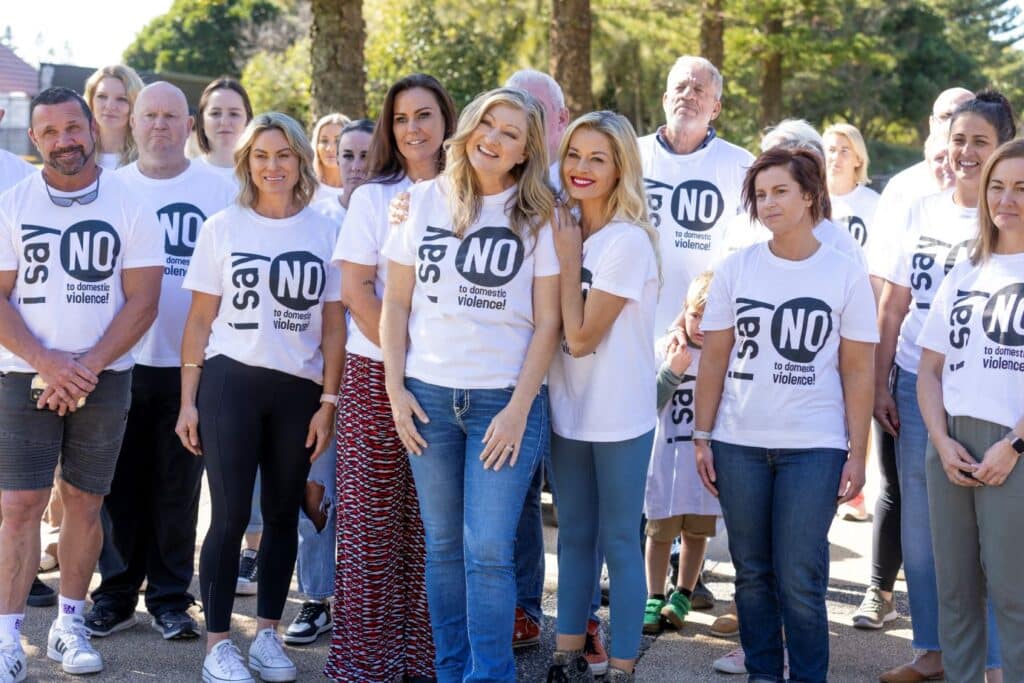Highlighted in recent media as a national shame, Australia’s abuse rates are a problem of epidemic proportions. Alarming statistics from the Australian Bureau of Statistics report that one in three women have experienced physical violence and one in four by an intimate partner or family member.
Interestingly, when clients approach Got Your Back Sista, a support service for women and children experiencing domestic violence, they don’t know always know if they’ve been abused.
How can they not? This question is asked a lot. Abuse is spoken about in hushed tones and is often attached to feelings of deep shame. Many women sadly believe it is their fault, or that life can’t be any different. Even worse, they living are in a state of fear.
Something that has been spoken about more in recent years is coercive control. This is a form of psychological and emotional abuse that involves manipulation, domination and intimidation. It is typically done through a pattern of controlling behaviours aimed at undermining the victim’s autonomy and sense of self-worth.
Coercive control often occurs gradually, making it challenging for victims to recognise they are being abused and escape the cycle. It can have long-term effects on a survivor’s emotional health and wellbeing.
Recognising coercive control in a friend can be challenging because it often occurs behind closed doors. Friends, family and colleagues may suspect a loved one is being coercively controlled but don’t know what to do.
Here are some signs to look out for:
– Isolation: Notice if the person has become increasingly isolated from friends and family.
– Emotional Distress: Pay attention to signs of emotional distress, such as anxiety, depression, or low self-esteem.
– Financial Dependency: Watch for signs of financial dependency on the abuser.
– Constant Fear: Victims may exhibit constant fear or anxiety, particularly when the abuser is present or mentioned.
– Monitoring and Surveillance: Be aware of any unusual monitoring or surveillance devices in the victim’s home.
– Inconsistencies and Gaslighting: Be alert to inconsistencies in the victim’s stories or a feeling that they are constantly being manipulated or made to doubt their own perceptions.
If you suspect someone is experiencing coercive control, it is important to communicate that you are there for them so they feel supported. Listen and believe her. Sharing takes an enormous amount of courage. You can provide resources and guide them to seek help from organisations that are dedicated to assisting victims of domestic abuse.
You must, however, be mindful that a woman is an expert in her own life. You can’t force her to do something about it if she is not ready. Instead, you ‘walk beside her’ to provide encouragement.
In November 2022, NSW Parliament passed the Crimes Legislation Amendment criminalising coercive control. Whilst this is a step in the right direction, coercive control can be difficult to prove as it relies on the survivor proving the pattern of behaviour as ongoing abuse. If women go to court for physical abuse, it generally revolves around proving the incident with things like photos of bruises or witness testimonies.
National conversations around Australia’s abuse rates are vital to working towards the solution. We need to take a close look at prevalence of family and domestic violence and ask why in 2023 this is still happening. We need to take practical steps through education programs to make our communities a safer place. We need to be more open about encouraging people to access available services.
Women need to be empowered through programs designed to rebuild confidence, self-esteem, physical and emotional wellbeing and create pathways to study and employment. Got Your Back Sista provides an end-to-end service – from crisis support to recovery and healing.
Australian actress, Madeleine West is a Got Your Back Sista ambassador and says domestic violence has been lurking in the shadows for too long.
“These are difficult but necessary conversations. For those experiencing domestic violence, the sense of isolation is crushing. But you are not alone and united we can make a difference,” said Madeleine.

I Run For Her is an annual community event hosted by Got Your Back Sista designed to spread the message of solidarity for people who have experienced or are at risk of domestic violence. Events will be hosted across Australia on 15 October 2023.
The flexible and inclusive event format means participants can choose a location, start time, distance or duration; or join an existing team, such as the AAA Sydney, Melbourne or Brisbane teams.
Register a fundraising walk or run, or join a team HERE, and share the hashtag #irunforher.
WATCH Madeleine West’s video for Got Your Back Sista in support of the 2023 campaign below:



